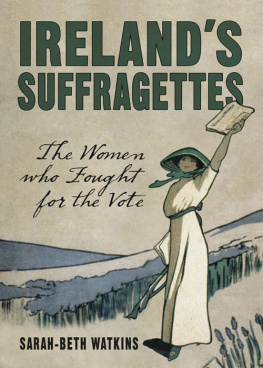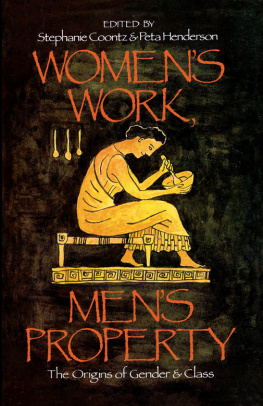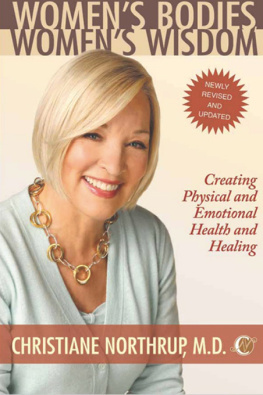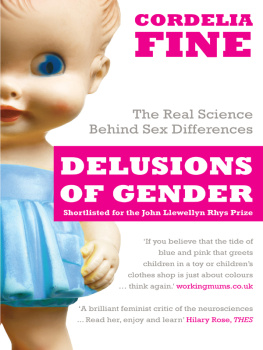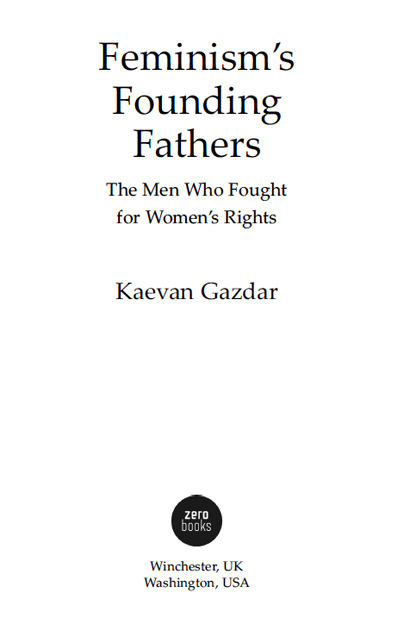First published by Zero Books, 2016
Zero Books is an imprint of John Hunt Publishing Ltd., Laurel House, Station Approach, Alresford, Hants, SO24 9JH, UK
www.johnhuntpublishing.com
www.zero-books.net
For distributor details and how to order please visit the Ordering section on our website.
Text copyright: Kaevan Gazdar 2015
ISBN: 978 1 78099 160 3
Library of Congress Control Number: 2016934227
All rights reserved. Except for brief quotations in critical articles or reviews, no part of this book may be reproduced in any manner without prior written permission from the publishers.
The rights of Kaevan Gazdar as author have been asserted in accordance with the Copyright, Designs and Patents Act 1988.
A CIP catalogue record for this book is available from the British Library.
Design: Stuart Davies
Printed and bound by CPI Group (UK) Ltd, Croydon, CR0 4YY, UK
We operate a distinctive and ethical publishing philosophy in all areas of our business, from our global network of authors to production and worldwide distribution.
Prologue
Misogyny: A Question of Gender or of Character?
I am most anxious to enlist everyone who can speak or write to join in checking this mad, wicked folly of Womens Rights, with all its attendant horrors Feminists ought to get a good whipping.
A good whipping. Adding injury to insult, as if the list of contemptuous comments and crude value judgements on women was not long enough. A list that begins in antiquity and continues well into the 21st century. Aristotle contended that women embody natural deformities, while the poet Simonide generalised rather more strongly: Women are the greatest evil that God has ever created. Both the Old and the New Testaments consider women to be mens inferiors. Wives, be subject to your husbands, as to the Lord, writes St. Paul in his Epistle to the Ephesians, summing up the issue quite neatly.
In Misogyny: The Male Malady, the anthropologist David D. Gilmore traces woman-hating from the jungles of New Guinea to present-day American boardrooms. Philosophers and scientists have played a major role in justifying discrimination. Man is born free; and everywhere he is in chains, proclaims Jean-Jacques Rousseau at the beginning of his impressive treatise The Social Contract. Nonetheless, in his philosophical novel Emile: or, On Education, he makes it perfectly clear that the upbringing of a free individual only makes sense for boys. Sophie, Emiles wife-to-be, needs just enough education to become a good wife and mother. Similarly, Kant thought the female sex to be strong on temperament and weak on character, while Hegel considered that women were incapable of universal faculties.
Liberal philosophers on the other side of the Channel came to similar conclusions: John Locke considered husbands to be abler and stronger when making family decisions, thus justifying the exclusive right of males to own and dispose of property. David Hume took the elevated view in his essay On the Immortality of the Soul that the inferiority of womens capacity is equally accounted for. Their domestic life requires no higher faculties either of mind or body.
Shades of Sexism
The profoundly influential ideas of Charles Darwin gave sexism a seemingly respectable scientific foundation. Darwinisms central principle was the survival of the fittest, and for various reasons, men were fitter than women, who, with their smaller brains, were eternally primitive, beyond being a real danger to contemporary civilisation. A whole generation of psychologists and sexologists, from Sigmund Freud to Havelock Ellis, subscribed to Darwins ideas, with repercussions still echoing through todays society.
Since the advent of gender studies, a sizeable number of men from all epochs, including artists, scientists and above all writers, face charges of being sexist. Did not Milton emphasise Adams superiority in Paradise Lost? Was Brecht a misogynist who exploited women in sex for text deals, as John Fuegi contends in his biography of the playwright? Sara Paretsky has called Raymond Chandler the most misogynist writer in America. It is fair to point out that he faces fierce competition from John Updike, widely criticised for prose that reduces women to sexual objects. Martin Amis could probably compete for the title of Britains foremost sexist. His fellow writer Marina Warner once wrote, I read him with a mongoose fascination for his unrepentant misogyny.
Which brings us to the question: who was responsible for the monstrous quote at the beginning of this chapter? At first sight, Nietzsche seems a likely suspect. In his philosophical novel Thus Spake Zarathustra, one of the characters remarks, Are you going to women? Do not forget the whip! The German philosopher had a penchant for flip phrases like Women are less than shallow. However, the same is true of his French colleague Pierre-Joseph Proudhon, who famously asserted that women could only be housewives or harlots. And wasnt the Swedish dramatist August Strindberg even more sexist, both in plays like Miss Julie and in his autobiography, where he declares that all women are born liars and traitors?
Alas, Feminists ought to get a good whipping was written by a woman, not by a man. To be more precise: by perhaps the most powerful woman of the 19th century. Writing to her confidant Sir Theodore Martin in 1870, Queen Victoria expressed her indignation at the fact that Lady Amberley had addressed a public meeting in support of female suffrage. Victoria (18191901) herself had quite a paradoxical character. On the one hand, after profusely mourning her dead husband, Prince Albert, she allowed herself a great degree of liberty with her Scottish personal servant John Brown, not to speak of her Indian servant-teacher Abdul Karim, with whom she shared a deep friendship. On the other hand, she adamantly demanded that women keep to their roles as mothers and housewives.
Katharine Amberley (184274), the mother of Bertrand Russell, was a remarkably emancipated woman. With the consent of her husband, she had an affair with Bertrands tutor, the biologist Douglas Spalding. Beyond being active in the suffrage movement, she supported birth control and equal pay for women. Victoria deeply disapproved.
Person, not Man
Despite her views, Victoria profoundly admired Florence Nightingale, who had studied nursing in the face of intense disapproval on the part of her family and then gone on to memorable achievements in the Crimean War. The Lady with the Lamp had to overcome the opposition of doctors and officers, before she could improve sanitary conditions and save the lives of countless soldiers.
Though she spent most of her life in the company of women and had set off on her famous expedition to Balaclava in the company of 38 female voluntary nurses, Nightingale (18201910) was, to say the least, reticent as to womens rights, once remarking that she was brutally indifferent to the wrongs or the rights of my sex. Some scholars argue that she had a feminist perspective despite her opposition to suffrage and other issues, but it seems more likely that she was a strong-willed woman with a mission, who adopted men as her role models, and often spoke of herself as a man of action.
Disdaining other women was indeed standard practice during the Victorian era. The novelist Mrs Gaskell endorsed Nightingales disapproval of women training to become doctors: I would not trust a mouse to a woman if a mans judgement was to be had. Women have no judgement. Writers like Margaret Oliphant and Mrs Humphrey Ward expressed similar views.


